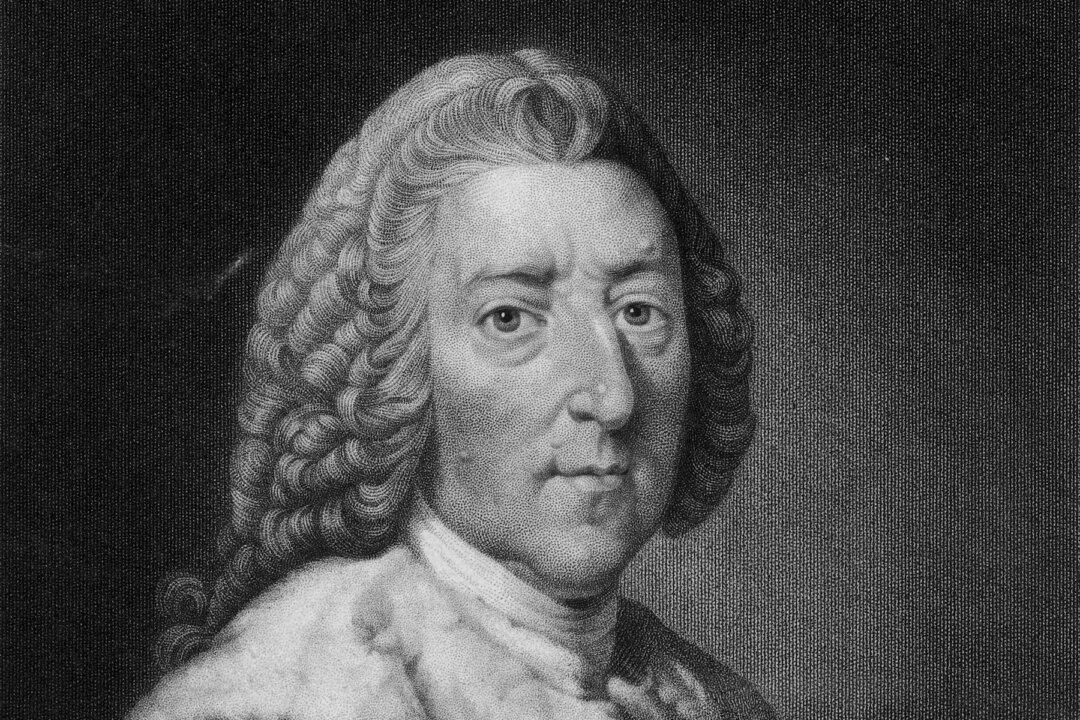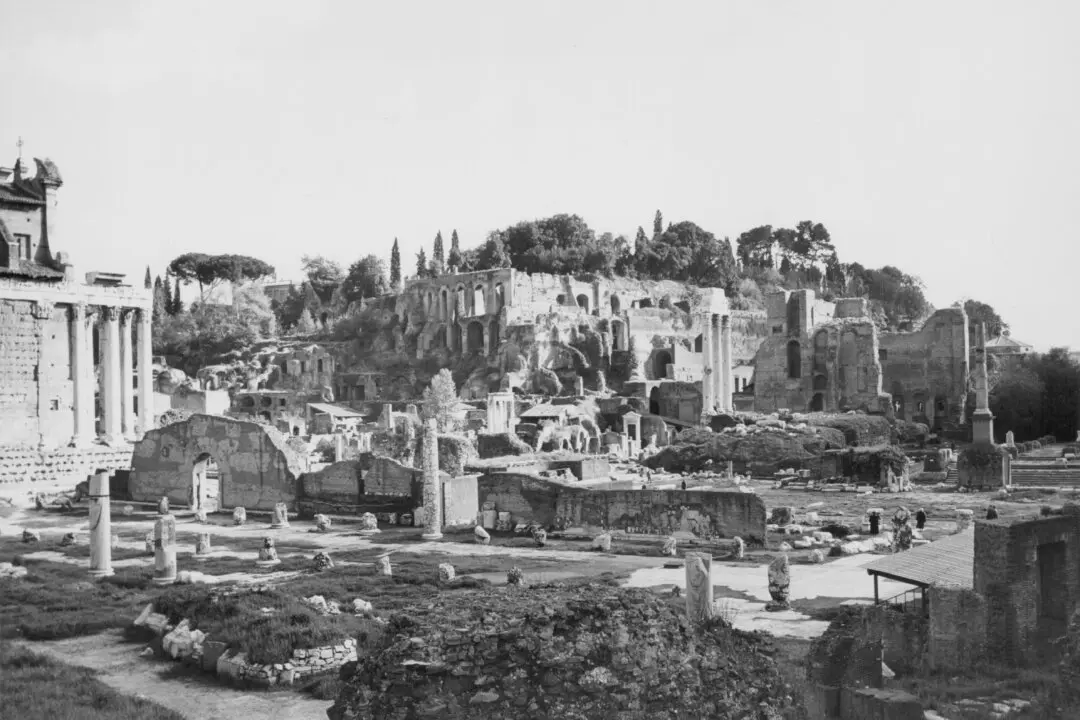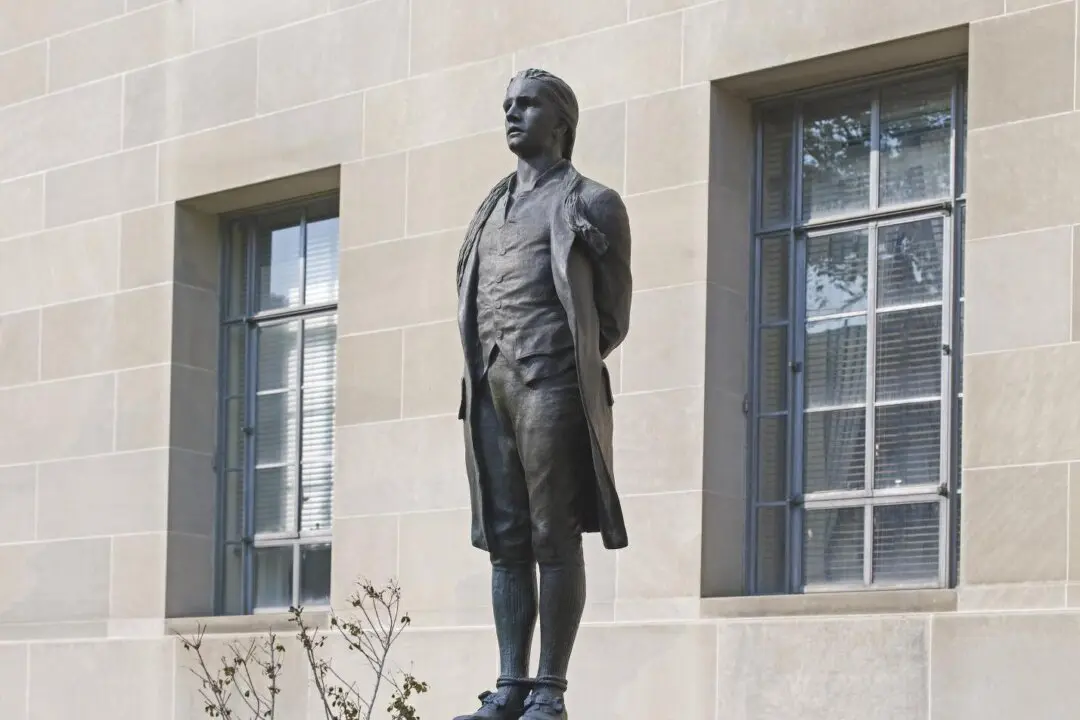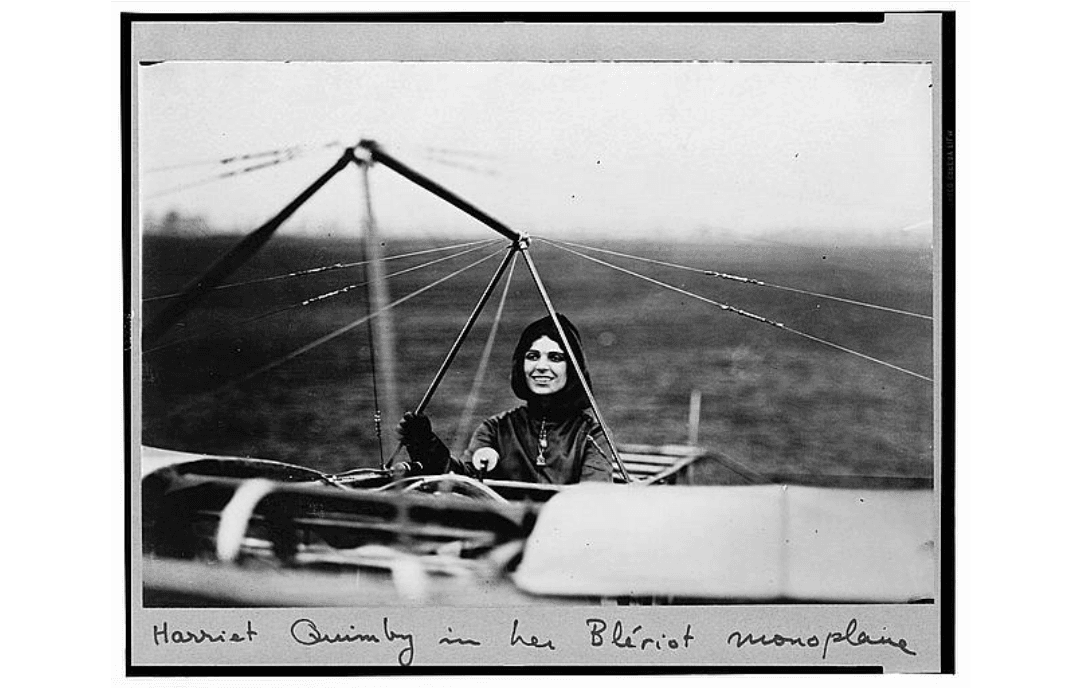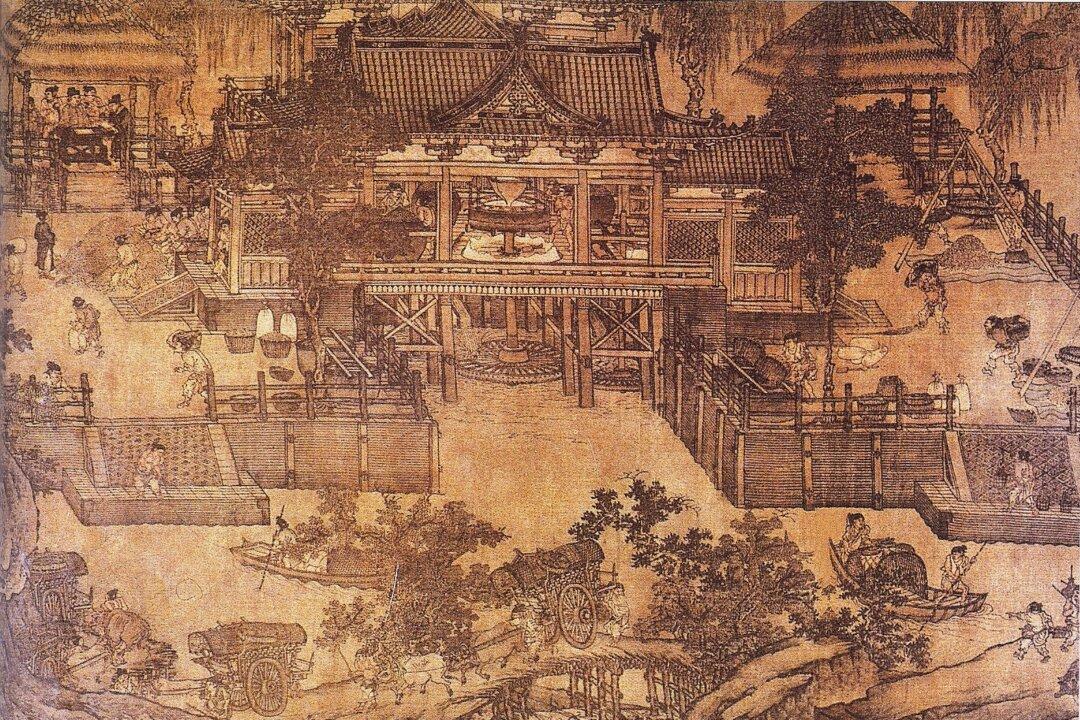The popular phrase “Speak truth to power” implies that power is hostile to truth and that power might benefit from listening to truth. It also suggests that the speaker runs some risk for speaking it.
People who are unafraid to speak truth to power are among the great heroes of history. They raise our standards and boost our courage. While tyrants fear them, the rest of us are inspired by them.

